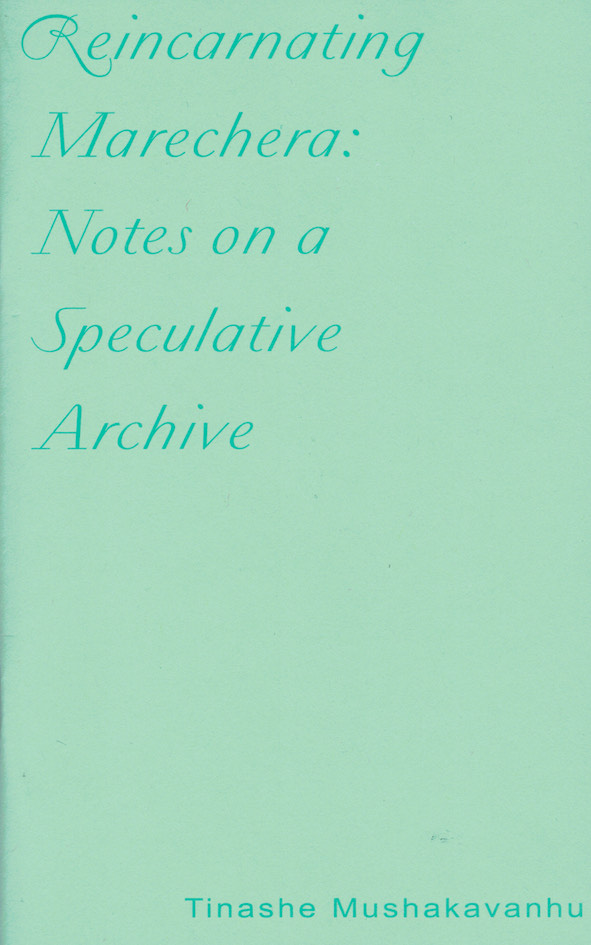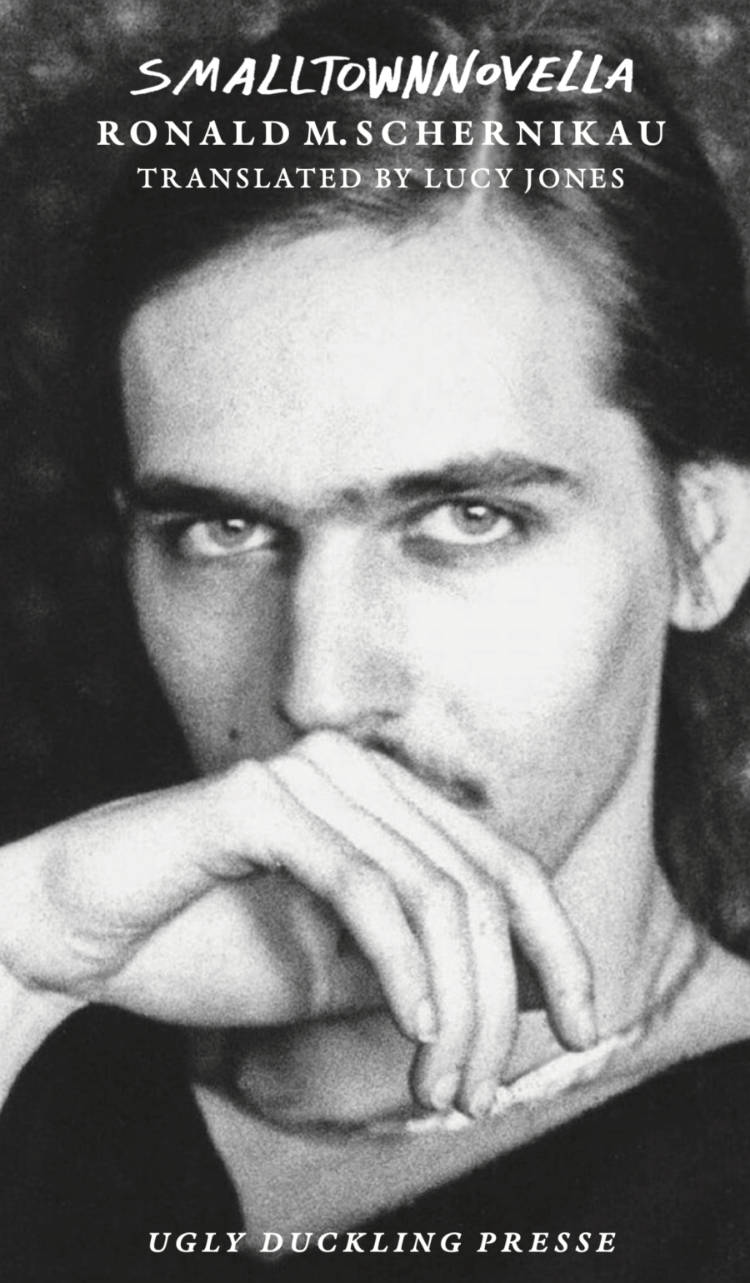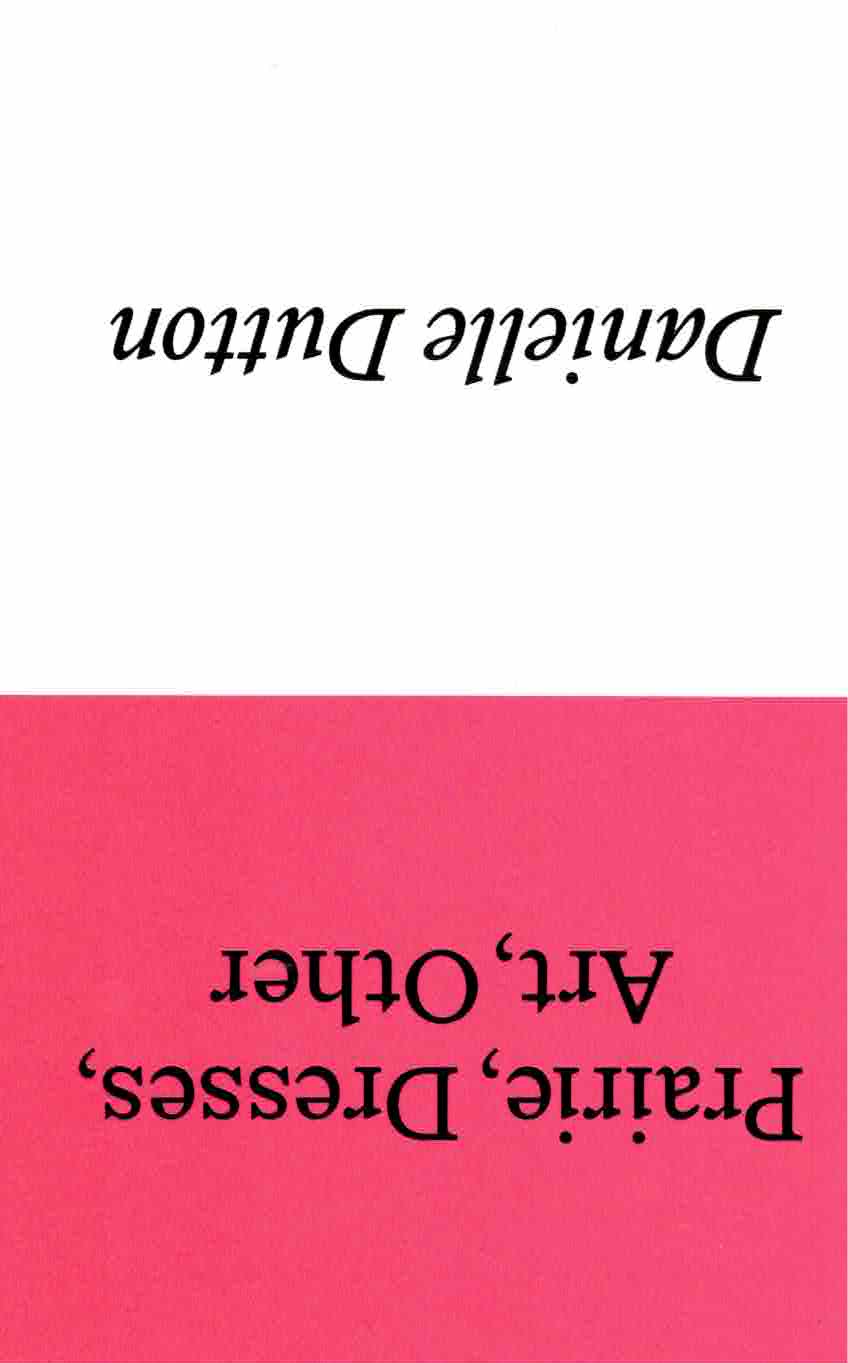
Reincarnating Marechera: notes on a Speculative Archive
Dambudzo Marechera’s death on August 18, 1987 is an event that remains unremarked. In Reincarnating Marechera: Notes On a Speculative Archive, Mushakavanhu interprets this event as a moment of radical praxis in the Zimbabwean imaginary, mining three overlapping archives—Marechera’s own writings, his historical and theoretical legacy, and an imaginative archive that responds creatively to gaps in the first two. Here, Mushakavanhu also explores the affective relationship between a critic and his object of study, grappling with the transit between the historical archive and the critical present. In doing so, through text and visuals, the book is a revelation of countless ruptures and of the inexhaustibility of documenting a mercurial subject like Marechera.
This pamphlet is part of UDP’s 2020 Pamphlet Series: twenty commissioned essays on collective work, translation, performance, pedagogy, poetics, and small press publishing. The pamphlets are available for individual purchase and as a subscription. Each offers a different approach to the pamphlet as a form of working in the present, an engagement at once sustained and ephemeral.
Tinashe Mushakavanhu is a Zimbabwean writer, scholar, and founding partner of Black Chalk & Co., a fugitive creative agency that operates between Harare and Richmond, VA. His most recent publication is Some Writers Can Give You Two Heartbeats (2019). He has also co-edited Visa Stories: Experiences Between Law and Migration (2013) and State of the Nation: Contemporary Zimbabwean Poetry (2009). He holds degrees from English, Welsh and Zimbabwean universities. He is currently a postdoctoral fellow at Wits Institute for Social and Economic Research (WiSER) at the University of Witwatersrand, South Africa.
Published July 2020
Language: English







